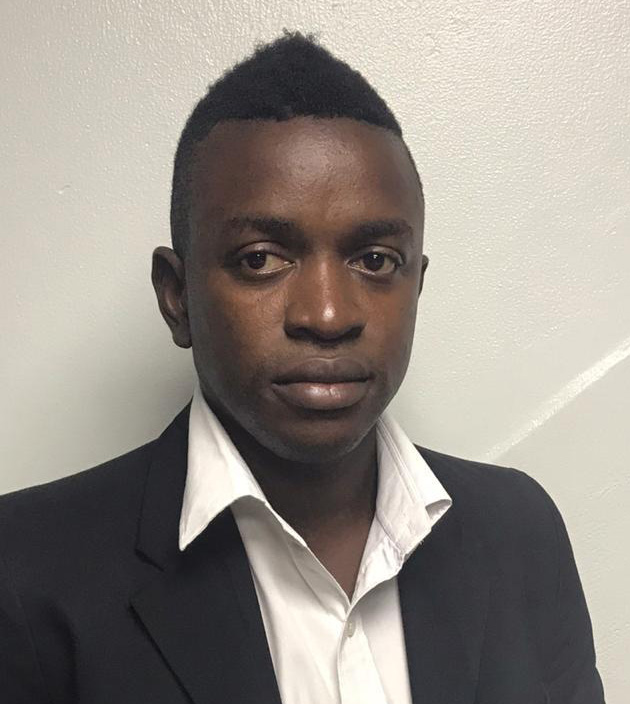Sports Administrator and Cadet Officer of the Guyana Prison Service Klalifa Hale, sat down with Stabroek Sport yesterday during an exclusive interview to discuss his creation of a Sports and Franchise Policy, an initiative which has eluded past government administrations and national federations.
Below is the interview in its entirety with Hale, who has a postgraduate degree in Business Administration and a Certificate in Sports Administration from the International Olympic Committee.
1. What were the reasons for formulating this initiative?
“From years of working in the Guyana Prison Service and being a member of the Joint Services Sports Committee while actively being involved in the administration of sports events such as the Inter Services Annual Swimming and Athletics Championships, Cricket and Football competitions in the various regions, I have realized that a lot of jobs can be created for Guyanese through sports by tackling one of the biggest concern facing athletes today. That concern is the fact that they are not being paid.
“By tackling this issue we create not only jobs but several outcomes that benefit Guyana and Guyanese such as a reduction in crime, improvement in both mental and physical health of athletes, youth empowerment, pave the way for more youth involvement in sports, community building through a developed sports structure and most importantly improve lifestyle since the discipline that is required in sports will now be transferred into the daily lives of individuals.”
2. What is the financial cost attached or associated with getting this project off the ground?
“Rather than the financial cost, what is really needed is a detailed discussion between myself and the team and the heads of the various sports federations and associations where the proposal will be outlined. That paves the way for investors to come on board as franchise owners and not just sponsors. As some investors have already begun to show interest in this initiative, what the proposal needs to start actually is investors who wish to own their own franchise. The cost of operating the franchise will be their responsibility. But in terms of other costs factors such as athletes’ wages expenditure, that will be discussed with investors. Once they are on board with the initiative, the minister through his office will pave the way to bring it into reality.”
3. How has the covid-19 situation affected the implementation of the project?
“Despite the Covid-19 existence, a lot of developed countries have restarted their sporting industry because it’s a multi-billion dollar industry. The question rather should be, should Guyana be left behind? In this regard I support this administration on enforcing the issue of wearing masks in public places and sanitizing our hands as often as possible, however human beings are social beings by nature.”
4. Sports is not often viewed from a cultural standpoint. How do you plan to address this issue and how big of an impact does the lack of a cultural sporting pedigree have on the implementation of this programme?
“While historically and culturally sports have not been economically benefiting to the majority of athletes and potential athletes in Guyana, this initiative aims to encourage investors to come on board as franchise owners given the incentives they will receive and on the mere fact that a system that nurtures athletes talent, always yields great financial gains, with many of the sporting industries around the world constantly seeking the best athletes for large sums of money due to fierce competition and the glut to be victorious. I believe that Guyanese have that potential, don’t you?”

